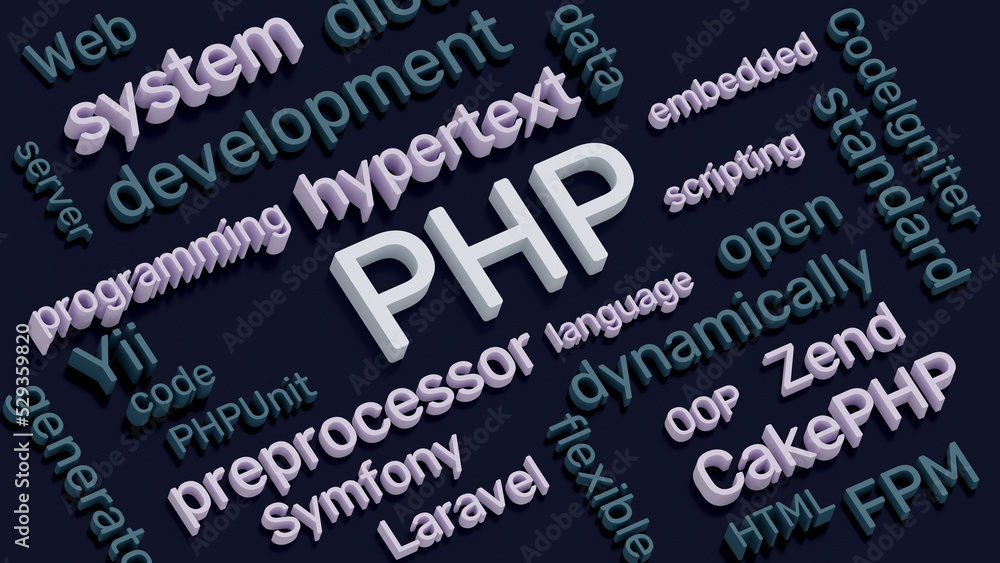Type of PHP Language

PHP (Hypertext Preprocessor) is a server-side scripting language. It is primarily designed for web development but can also be used as a general-purpose programming language. PHP is embedded within HTML code and is executed on the server, generating dynamic web pages. Here are some key characteristics of PHP:
-
Server-Side Scripting:
- PHP is executed on the server, not on the client's browser. The server processes the PHP code and sends the resulting HTML to the client.
-
Embedding in HTML:
- PHP code is often embedded directly within HTML code. This allows developers to intersperse dynamic server-side logic with static HTML content.
<!DOCTYPE html>
<html>
<body>
<?php
echo "Hello, World!";
?>
</body>
</html>
-
Dynamic Web Pages:
- PHP is widely used to create dynamic web pages by generating HTML content based on user input, database queries, and other server-side logic.
-
Support for Databases:
- PHP has extensive support for interacting with databases, making it a popular choice for building database-driven web applications.
-
Extensibility:
- PHP supports extensions and has a large ecosystem of libraries and frameworks that enhance its functionality. Popular PHP frameworks include Laravel, Symfony, and CodeIgniter.
-
Open Source:
- PHP is open source, meaning the source code is freely available for users to view, modify, and distribute. This has contributed to its widespread adoption and the creation of a large and active PHP community.
-
Cross-Platform:
- PHP is a cross-platform language, which means it can run on various operating systems, including Windows, Linux, and macOS.
-
Loosely Typed:
- PHP is a loosely typed language, meaning you don't need to explicitly declare variable types. The type of a variable is determined dynamically based on the context.
-
Procedural and Object-Oriented:
- PHP supports both procedural and object-oriented programming paradigms. You can write code using procedural style, object-oriented style, or a combination of both.
Overall, PHP is a versatile language that is widely used for building dynamic and interactive web applications. It plays a crucial role in the server-side development of websites and web services.
Thank you.
